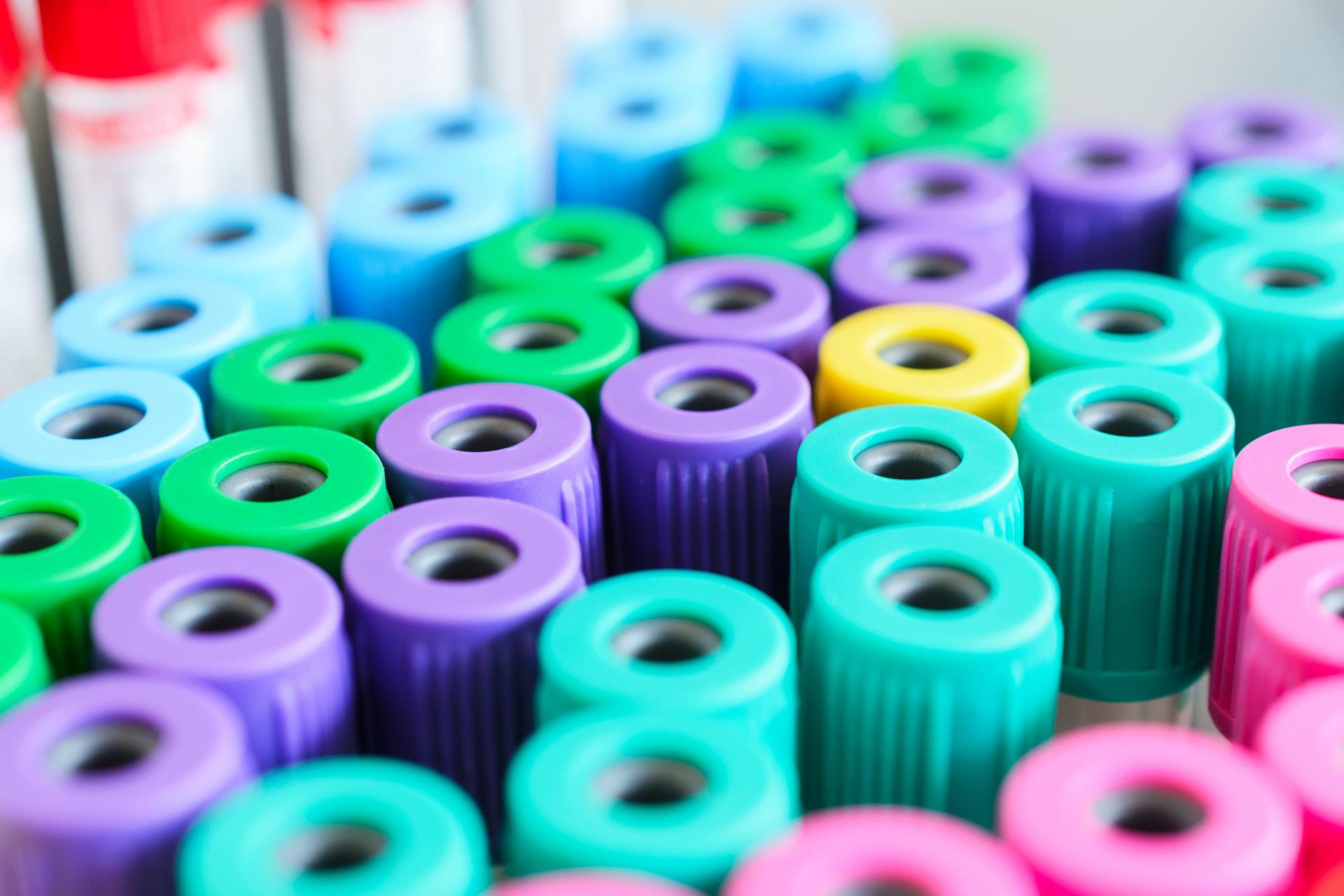Ask the expert: Blood tests
Published on: 27 June 2018How good are blood tests at detecting whether lymphoma is progressing or relapsing? We share the answer from issue 103 of Lymphoma Matters magazine.

When you are on active monitoring (watch and wait) or being followed up after treatment in the clinic, the most important thing the medical team will want to know about is how you are feeling - do you have any symptoms, especially new symptoms? Next in importance is what they find when they examine you - enlarging lymph nodes for example.
Coming in third in importance in detecting active lymphoma - and a fairly distant third - are blood tests. Progression or relapse of lymphoma is rarely discovered on the basis of blood tests alone. In some lymphomas, such as CLL or Waldenström’s macroglobulinaemia, blood tests can be useful in the clinic but, in general, they are not a powerful tool for diagnosing lymphoma. Changes in blood tests might be useful as a 'red flag' to suggest the need for a scan, but they are rarely the only thing that would prompt your doctor to do further tests.
When blood tests are useful is during treatment. When you are having chemotherapy, for example, you will have lots of blood tests to monitor the effects of the treatment. Your blood counts will be measured very regularly so that you can have supportive treatment to help with side effects or have the timing of your treatment adjusted to keep it safe as well as effective.
